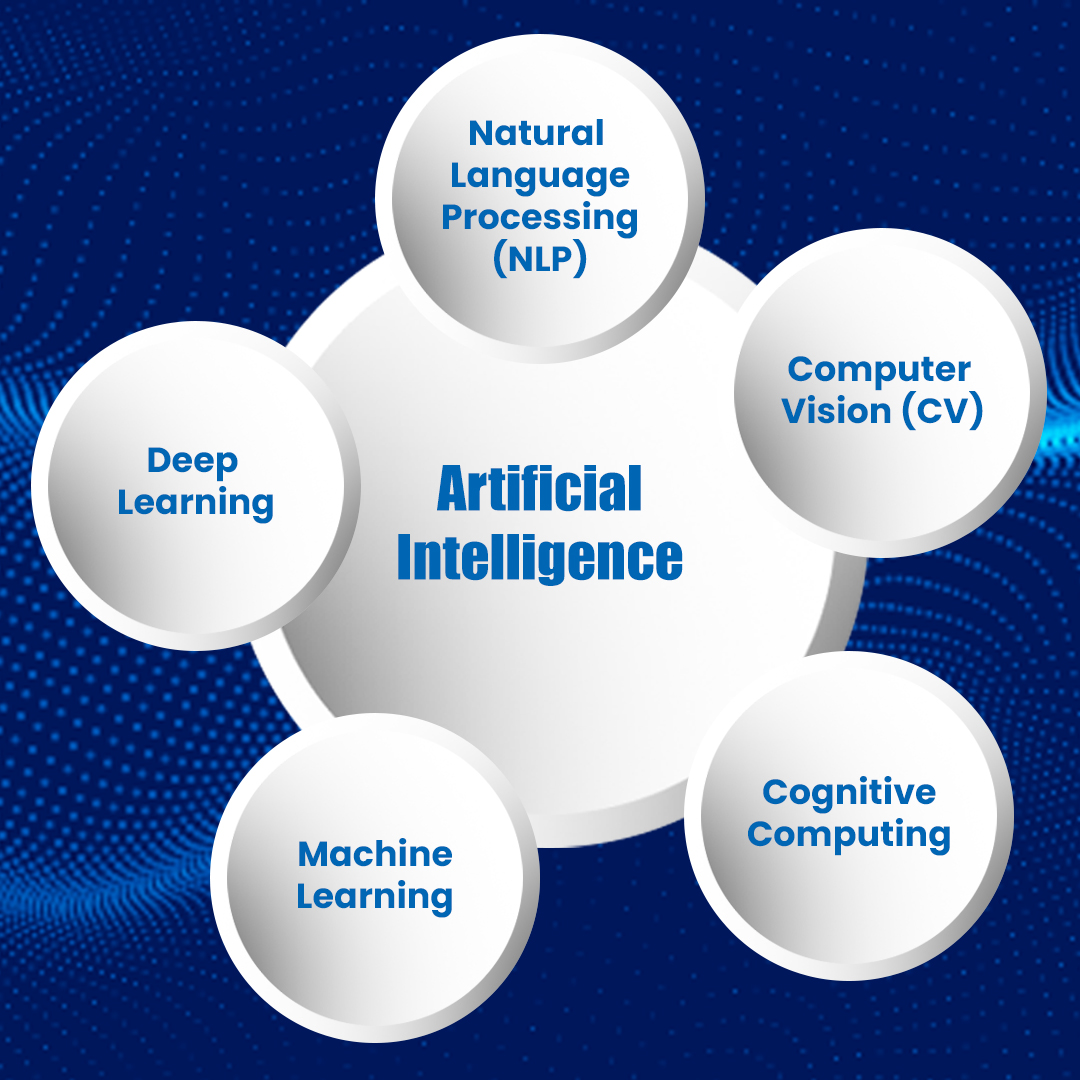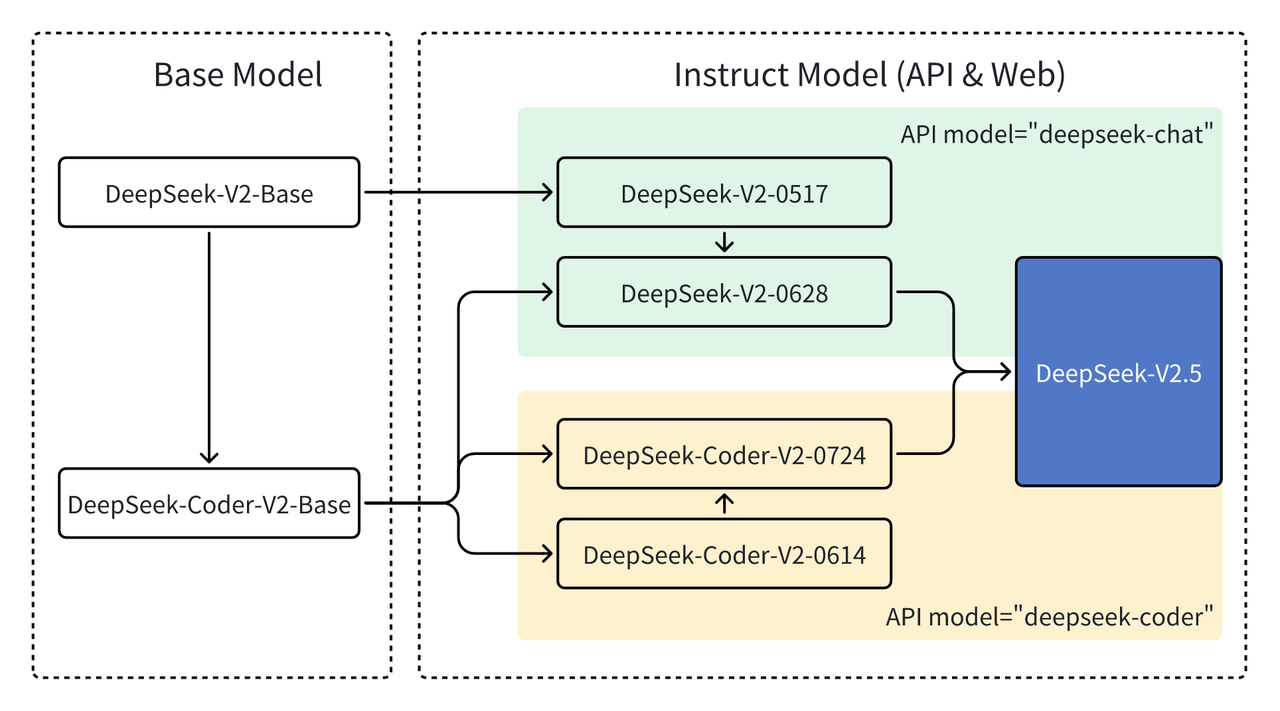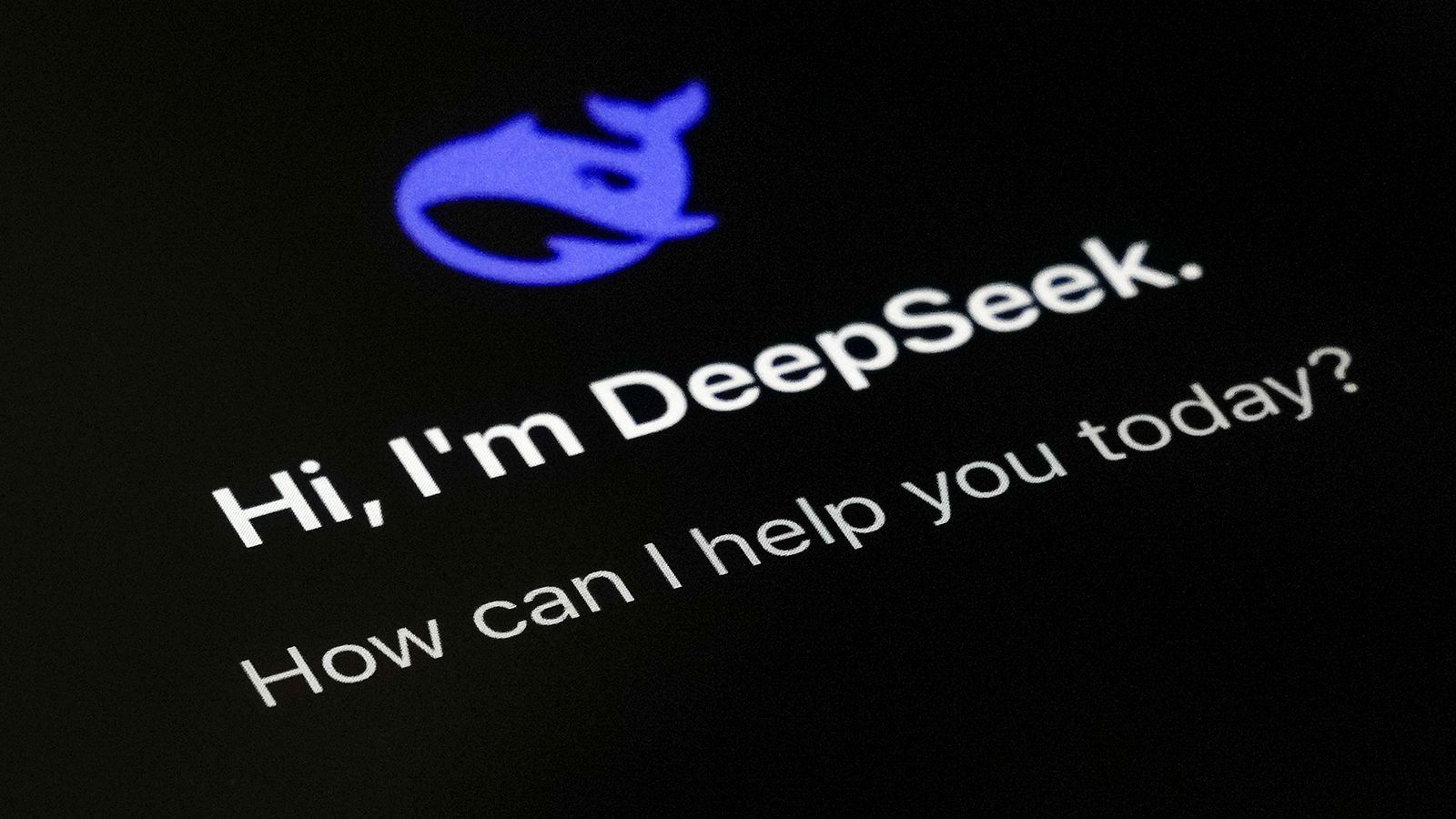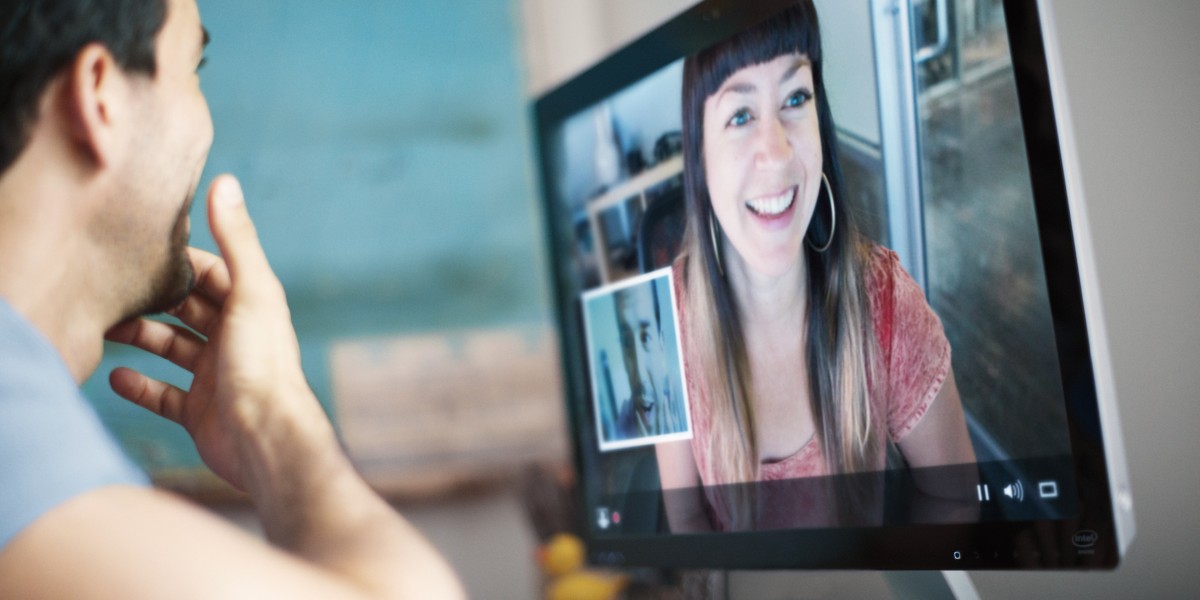Technology is altering our world at an impressive rate! Its sweeping modifications can be found everywhere and fraternityofshadows.com they can be described as both thrilling, and at the exact same time frightening. Although people in numerous parts of the world are still trying to come to terms with earlier technological revolutions in addition to their sweeping social and instructional implications - which are still unfolding, they have actually been awoken to the reality of yet another digital transformation - the AI transformation.
Expert System (AI) technology refers to the ability of a digital computer or computer-controlled robotic to perform tasks that would otherwise have been brought out by people. AI systems are created to have the intellectual procedures that identify people, such as the ability to factor, find significance, generalize or gain from previous experience. With AI technology, vast quantities of info and utahsyardsale.com text can be processed far beyond any human capacity. AI can likewise be utilized to produce a vast variety of new material.

In the field of Education, AI technology features the possible to allow brand-new types of teaching, discovering and educational management. It can also enhance finding out experiences and assistance instructor tasks. However, forum.altaycoins.com in spite of its positive capacity, AI also positions substantial risks to trainees, the teaching neighborhood, education systems and society at large.

What are a few of these dangers? AI can decrease teaching and discovering procedures to computations and automated tasks in manner ins which cheapen the function and impact of teachers and weaken their relationships with learners. It can narrow education to just that which AI can process, model and provide. AI can also get worse the around the world scarcity of qualified instructors through out of proportion spending on technology at the expense of financial investment in human capability development.
Using AI in education likewise produces some essential concerns about the capability of teachers to act actively and constructively in determining how and when to make judicious use of this technology in an effort to direct their expert growth, find services to challenges they face and enhance their practice. Such fundamental concerns include:

· What will be the function of instructors if AI innovation become commonly carried out in the field of education?
· What will evaluations look like?
· In a world where generative AI systems appear to be developing new capabilities by the month, what abilities, outlooks and proficiencies should our education system cultivate?
· What changes will be required in schools and beyond to assist students strategy and direct their future in a world where human intelligence and machine intelligence would seem to have ended up being ever more closely connected - one supporting the other and vice versa?
· What then would be the function or function of education in a world controlled by Artificial Intelligence technology where humans will not necessarily be the ones opening new frontiers of understanding and understanding?
All these and more are intimidating concerns. They force us to seriously think about the concerns that develop regarding the execution of AI innovation in the field of education. We can no longer just ask: 'How do we prepare for an AI world?' We must go deeper: 'What should a world with AI appearance like?' 'What functions should this effective technology play?' 'On whose terms?' 'Who decides?'
Teachers are the main users of AI in education, lespoetesbizarres.free.fr and they are anticipated to be the designers and facilitators of trainees' knowing with AI, the guardians of safe and ethical practice throughout AI-rich academic environments, and to function as function models for long-lasting discovering about AI. To presume these obligations, instructors need to be supported to establish their capabilities to utilize the prospective advantages of AI while alleviating its dangers in education settings and larger society.
AI tools must never be designed to change the legitimate accountability of instructors in education. Teachers should stay accountable for pedagogical decisions in using AI in mentor and in facilitating its usages by trainees. For teachers to be responsible at the practical level, a pre-condition is that policymakers, teacher education institutions and schools assume duty for preparing and supporting teachers in the proper usage of AI. When presenting AI in education, legal defenses need to also be developed to safeguard teachers' rights, and long-term monetary commitments require to be made to make sure inclusive access by teachers to technological environments and fundamental AI tools as vital resources for adjusting to the AI age.
A human-centered method to AI in education is crucial - a method that promotes essential ethical and
useful concepts to help manage and direct practices of all stakeholders throughout the whole life process of AI systems. Education, offered its function to secure in addition to assist in advancement and knowing, has an unique commitment to be totally knowledgeable about and responsive to the dangers of AI - both the recognized risks and those only simply emerging. But frequently the dangers are disregarded. Making use of AI in education therefore needs careful consideration, including an assessment of the evolving functions teachers require to play and the proficiencies needed of instructors to make ethical and effective usage of Artificial Intelligence (AI) Technology.
While AI provides chances to support instructors in both mentor in addition to in the management of learning procedures, meaningful interactions between instructors and students and human growing ought to remain at the center of the instructional experience. Teachers ought to not and can not be replaced by innovation - it is vital to safeguard instructors' rights and ensure appropriate working conditions for them in the context of the growing usage of AI in the education system, in the workplace and in society at large.








